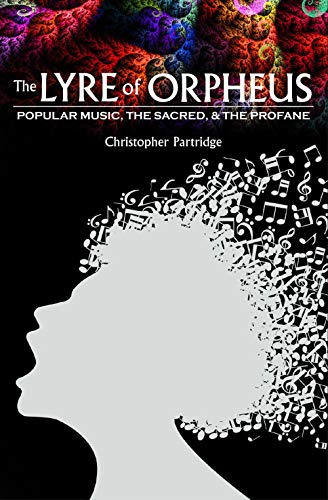

The Lyre of Orpheus
- Utgiven: 2013
- ISBN: 9780199751396
- Sidor: 368 st
- Förlag: OUP USA
- Format: Inbunden
- Språk: Engelska
Om boken
The myth of Orpheus articulates what social theorists have known since Plato: music matters. It is uniquely able to move us, to guide the imagination, to evoke memories, and to create spaces within which meaning is made. Popular music occupies a place of particular social and cultural significance. Christopher Partridge explores this significance, analyzing its complex relationships with the values and norms, texts and discourses, rituals and symbols, and codes and narratives of modern Western cultures. He shows how popular musics power to move, to agitate, to control listeners, to shape their identities, and to structure their everyday lives is central to constructions of the sacred and the profane. In particular, he argues that popular music can be important edgework, challenging dominant constructions of the sacred in modern societies. Drawing on a wide range of musicians and musical genres, as well as a number of theoretical approaches from critical musicology, cultural theory, sociology, theology, and the study of religion, The Lyre of Orpheus reveals the significance and the progressive potential of popular music.
Åtkomstkoder och digitalt tilläggsmaterial garanteras inte med begagnade böcker
Mer om The Lyre of Orpheus (2013)
I december 2013 släpptes boken The Lyre of Orpheus skriven av Christopher Partridge. Den är skriven på engelska och består av 368 sidor. Förlaget bakom boken är OUP USA.
Köp boken The Lyre of Orpheus på Studentapan och spara pengar.
Referera till The Lyre of Orpheus
Harvard
Partridge, C. (2013). The Lyre of Orpheus. OUP USA.
Oxford
Partridge, Christopher, The Lyre of Orpheus (OUP USA, 2013).
APA
Partridge, C. (2013). The Lyre of Orpheus. OUP USA.
Vancouver
Partridge C. The Lyre of Orpheus. OUP USA; 2013.



















